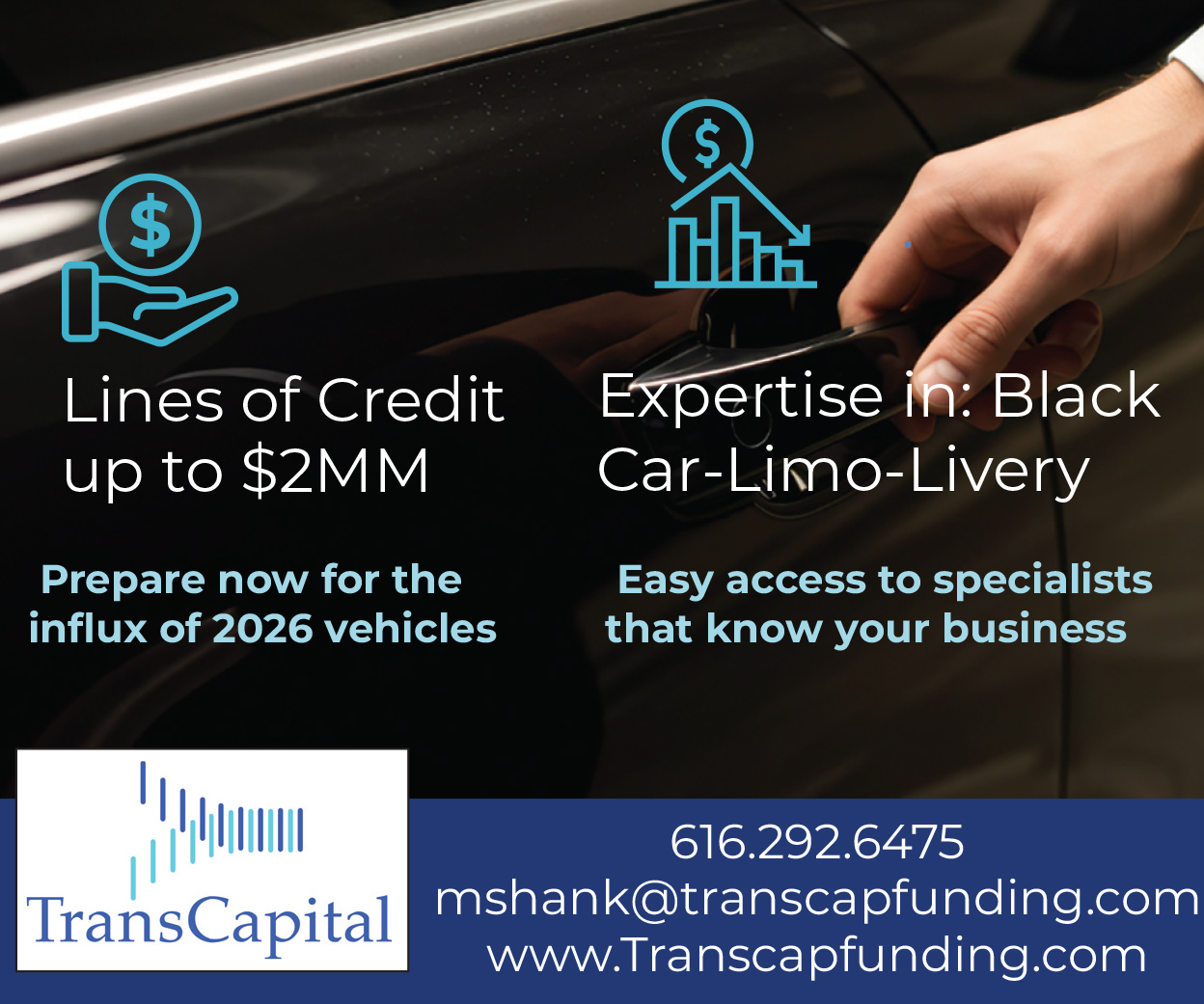State and city government officials in September joined nonprofit transportation advocates to discuss the urgent need to kick-start congestion pricing to fund the Metropolitan Transportation Authority and reduce emissions in the city. During a panel discussion at the Sustainable Cities Summit in Brooklyn, the group lamented Gov. Kathy Hochul’s last minute decision to pause the roll-out of the program.
Panelists included Brooklyn Borough President Antonio Reynoso, NY State Senator Liz Krueger, Kate Slevin, executive vice president of the nonprofit Regional Plan Association and Betsy Plum, executive director of Riders Alliance. Mike Flynn, New York general manager of city solutions at TYLin Group, an engineering firm, moderated the conversation.
The proposed program aims to reduce traffic and emissions while generating $12 billion to help cover maintenance costs on subways and buses.
“It doesn’t matter what the date in the bill is because there’s a real date out there,” said Senator Krueger. “It’s called the end of the world. And we don’t have any control over that schedule. So, we better do it faster.”
Hochul defended her decision in June, citing concerns about discouraging driving into the city while recovering from the pandemic. Yet, many view her reversal as a political move to take some heat off Democrats in suburban areas and downstate New York ahead of the November elections.
Two lawsuits have been filed against Hochul since her decision to indefinitely pause congestion pricing. The suit City Club of New York et al. v. Hochul, says the governor is violating the 2019 MTA Reform and Traffic Mobility Act, which authorized congestion pricing. The second, brought by Riders Alliance, alleges that the pause breaches the Climate Leadership and Community Protection Act, which mandates a 40% reduction in greenhouse gas emissions in New York by 2030.
In Sept., New York Judge Arthur Engoron denied Gov. Hochul’s request to toss out the lawsuits.
While the Sustainable Cities Summit panel consisted only of those in favor of congestion pricing, a question arose regarding the potential negative impact on cab drivers. Reynoso responded by saying that fees would be significantly reduced for these drivers, with yellow cabs facing a $1.50 charge and Ubers, a $2.00 fee.
Sources: MSN, News 12 Brooklyn


